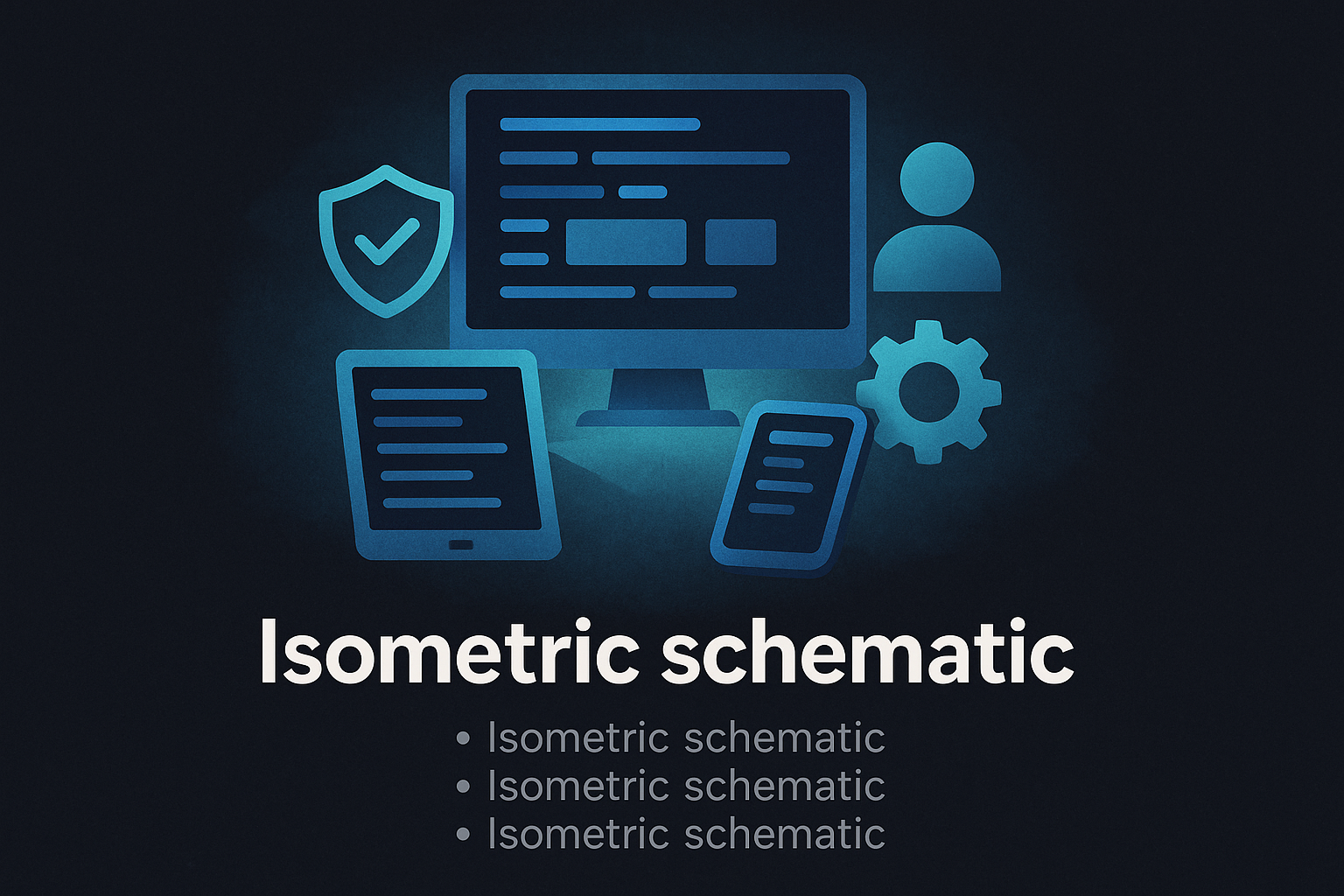Schedule a Demo
The hospitality industry thrives on seamless operations, where the right vendors play a pivotal role. Operations managers in this sector are tasked with finding vendors that not only meet but exceed their expectations for quality, reliability, and innovation. In my experience working with operations managers, I've seen how the selection process has evolved from traditional methods to more sophisticated, data-driven approaches.
Technology has revolutionized how operations managers in hospitality search for vendors. From online marketplaces to specialized software, these tools offer a wealth of information at their fingertips. Platforms like Capterra or G2 allow managers to compare vendors based on user reviews, features, and pricing, making the initial search more efficient and informed.
Despite the rise of digital tools, networking remains a cornerstone for vendor discovery. Industry events, such as the National Restaurant Association Show or HITEC, provide a platform for operations managers to meet vendors face-to-face. These interactions can offer insights into a vendor's culture and capabilities that digital platforms might not capture. I've attended these events and witnessed firsthand how they foster relationships that lead to successful partnerships.
Request for Proposals (RFPs) are a critical tool in the vendor selection process. Operations managers craft detailed RFPs to outline their needs and expectations, inviting vendors to submit proposals. This method allows for a structured comparison of offerings, ensuring that the chosen vendor aligns with the organization's strategic goals. The clarity and specificity of an RFP can significantly impact the quality of the responses received.
Once potential vendors are identified, operations managers must evaluate their performance and reliability. This involves looking at case studies, client testimonials, and possibly conducting site visits. In my work with operations managers, I've seen how they prioritize vendors with a proven track record of delivering on time and within budget, as these factors are crucial for maintaining operational efficiency in the hospitality sector.
Sustainability has become a significant consideration in vendor selection. Operations managers in hospitality are increasingly looking for vendors who demonstrate a commitment to environmental and social responsibility. This can include eco-friendly products, ethical labor practices, or initiatives to reduce waste. Choosing such vendors not only aligns with corporate values but can also enhance the brand's reputation among eco-conscious consumers.
The negotiation phase is where operations managers solidify the terms of their relationship with vendors. This involves discussing pricing, delivery schedules, and service level agreements. Effective negotiation requires a deep understanding of the vendor's offerings and a clear vision of what the partnership should achieve. Operations managers often leverage their knowledge of the market and other vendor proposals to secure favorable terms.
Once a vendor is selected, the challenge shifts to integrating their solutions into existing operations. This can involve training staff, updating systems, and ensuring that the new solutions enhance rather than disrupt the workflow. Operations managers must work closely with vendors during this phase to ensure a smooth transition and maximize the benefits of the new partnership.
Selecting a vendor is not the end of the journey; it's the beginning of an ongoing relationship. Operations managers must continuously monitor vendor performance, providing feedback and addressing any issues promptly. Regular check-ins and performance reviews help maintain the quality of service and ensure that the partnership remains mutually beneficial.
The hospitality industry is dynamic, with market conditions that can change rapidly. Operations managers must be agile, ready to reassess their vendor relationships as needed. This might involve seeking new vendors or renegotiating terms with existing ones to adapt to shifts in demand, technology, or regulatory environments.
One of the most challenging aspects of vendor selection is balancing cost and quality. Operations managers must find vendors that offer competitive pricing without compromising on the quality of goods or services. This requires a thorough understanding of the market and a keen eye for value, as the cheapest option is not always the best in the long run.
Ultimately, the choice of vendors directly impacts the guest experience. From the quality of amenities to the efficiency of service, every vendor plays a role in shaping the guest's perception of the hospitality establishment. Operations managers must keep this in mind, selecting vendors that contribute to creating memorable and positive experiences for guests.
Every vendor relationship offers lessons that can inform future selections. Operations managers should reflect on past experiences, identifying what worked well and what could be improved. This reflective practice helps refine the vendor selection process, ensuring that each new partnership is more successful than the last.
The hospitality industry is continually evolving, driven by innovation and emerging trends. Operations managers must stay informed about these developments, seeking vendors that can help them stay ahead of the curve. Whether it's adopting new technologies or exploring sustainable practices, embracing innovation is key to maintaining a competitive edge.
